Experience relaxation and peace in your Wylie backyard with our proven mosquito control solution. Trusted by families in Wylie, our innovative approach not only repels mosquitoes but also establishes a durable barrier customized to your outdoor environment. Mosquito Shield of East Dallas is dedicated to creating mosquito-free zones, so you can enjoy your outdoor spaces without interruption.
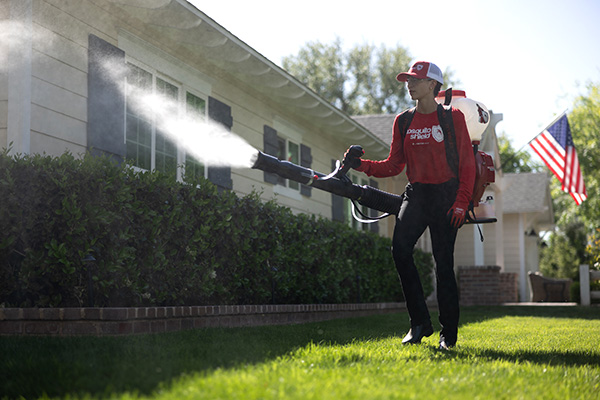
Effective mosquito control in Wylie, TX, that drives mosquitoes away and keeps them out of your yard.

Enjoy mosquito-free outdoor time in Wylie with treatments designed to provide lasting results.

Highly rated mosquito control services in Wylie, trusted by residents to enhance outdoor living.

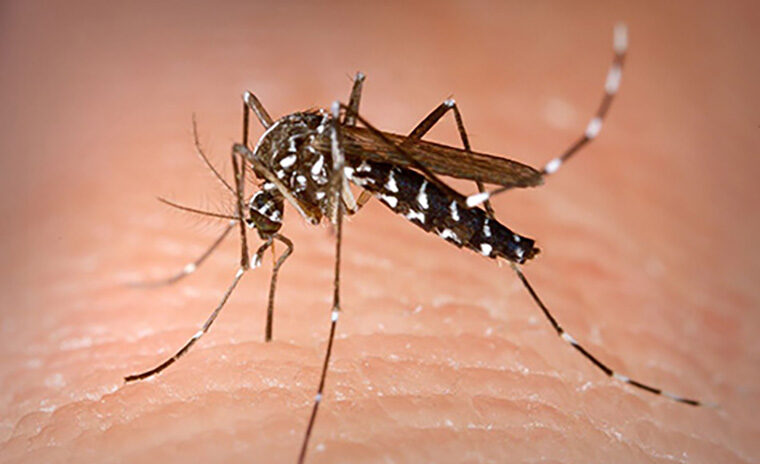
Identification: Small, black mosquito with white leg stripes and a lyre-shaped pattern on its back.
Habitat: Thrives in urban residential areas—especially in flowerpots, gutters, and pet bowls.
Behavior: Aggressive daytime biter; prefers biting people over animals.
Health Risks: Capable of transmitting Zika virus, dengue, and chikungunya.
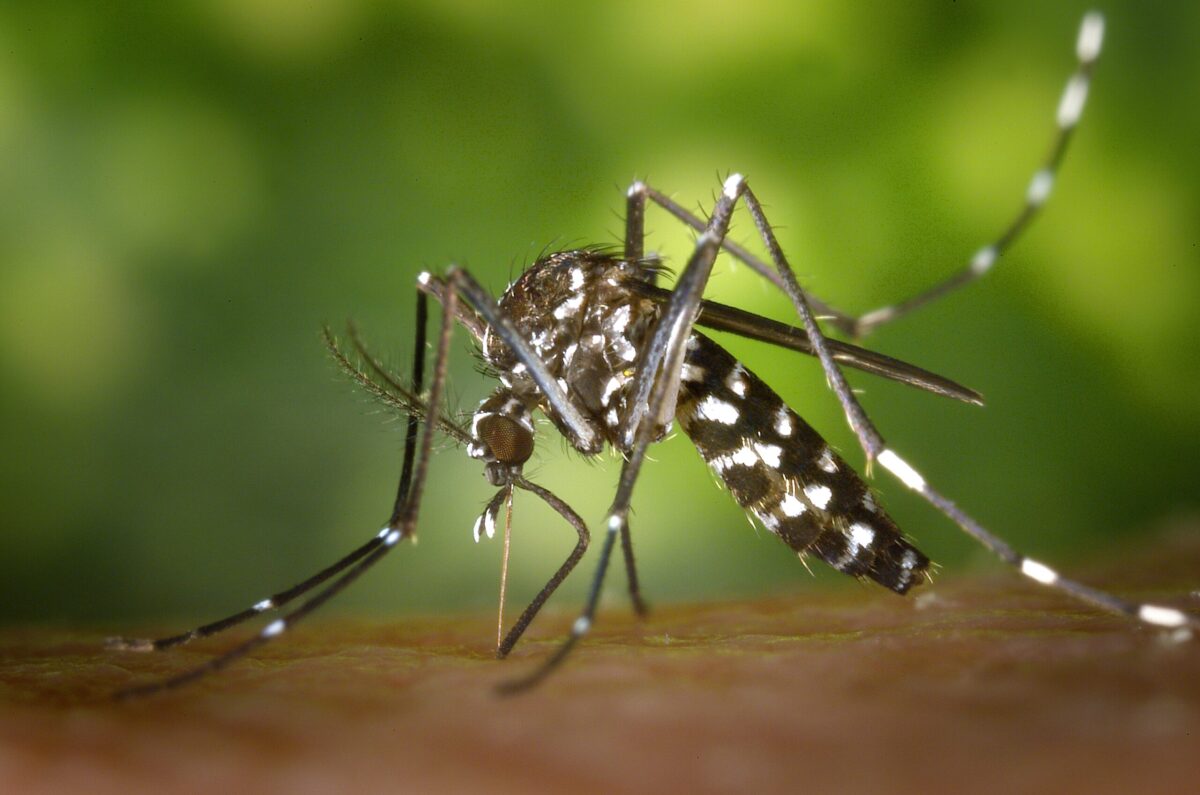
Identification: Striking black-and-white coloration with a single white stripe down its back.
Habitat: Common in East Dallas backyards, parks, and shaded patios; breeds in small containers.
Behavior: Active during the day; often bites around ankles and lower legs.
Health Risks: Can transmit West Nile virus, Zika, and dengue.
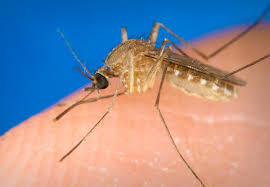
Identification: Light brown mosquito with narrow banding on its abdomen.
Habitat: Found near standing water—storm drains, birdbaths, and neglected swimming pools.
Behavior: Bites mainly after dark and often sneaks indoors.
Health Risks: Primary carrier of West Nile virus in the Dallas area.
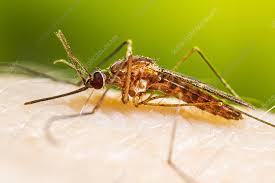
Identification: Medium-sized with four dark spots on each wing; rests angled upward.
Habitat: Prefers clean, slow-moving freshwater such as White Rock Lake tributaries.
Behavior: Most active at dawn and dusk.
Health Risks: Historically linked to malaria; still a source of annoying, itchy bites.
Wylie, Texas, is a rapidly growing community located northeast of Dallas, known for its strong sense of community, family-friendly neighborhoods, and vibrant parks system. With recreational spaces like Founders Park, Lavon Lake, and the nearby East Fork Park, residents enjoy plenty of outdoor activities year-round. However, Wylie’s warm, humid climate and proximity to water sources create ideal conditions for mosquitoes and ticks to thrive across much of the year.
Homeowners in Wylie face seasonal exposure to mosquito-borne illnesses such as West Nile Virus and Zika Virus, along with tick-borne threats like Lyme disease and Rocky Mountain Spotted Fever. With outdoor gatherings, backyard barbecues, and lakeside weekends so central to Wylie living, managing mosquito and tick populations is essential for comfort and public health.
To help reduce mosquito and tick populations in Wylie, residents are encouraged to:
Remove standing water from yards, including in buckets, flower pots, and clogged gutters.
Wear long sleeves and use repellent during dawn and dusk, when mosquitoes are most active.
Schedule recurring mosquito and tick treatments to help reduce activity on and around your property.
Collin County conducts seasonal mosquito control initiatives, including truck-based treatments in areas like Wylie, to minimize the spread of mosquito-borne viruses.

Wylie experiences long, hot summers and mild winters, creating a nearly year-round window for mosquito and tick activity. Heavy rains, lawn irrigation, and close proximity to Lake Lavon contribute to stagnant water — a prime breeding ground for mosquitoes. Meanwhile, ticks take advantage of shaded parks, trails, and backyards throughout the spring and fall months.
Key Factors Influencing Pest Activity in Wylie:
Mosquitoes and Water Access: Lavon Lake, drainage ditches, and local creeks provide ideal mosquito breeding grounds.
Ticks and Shade Coverage: Overgrown lawns, tree-lined greenbelts, and densely vegetated areas support active tick populations.
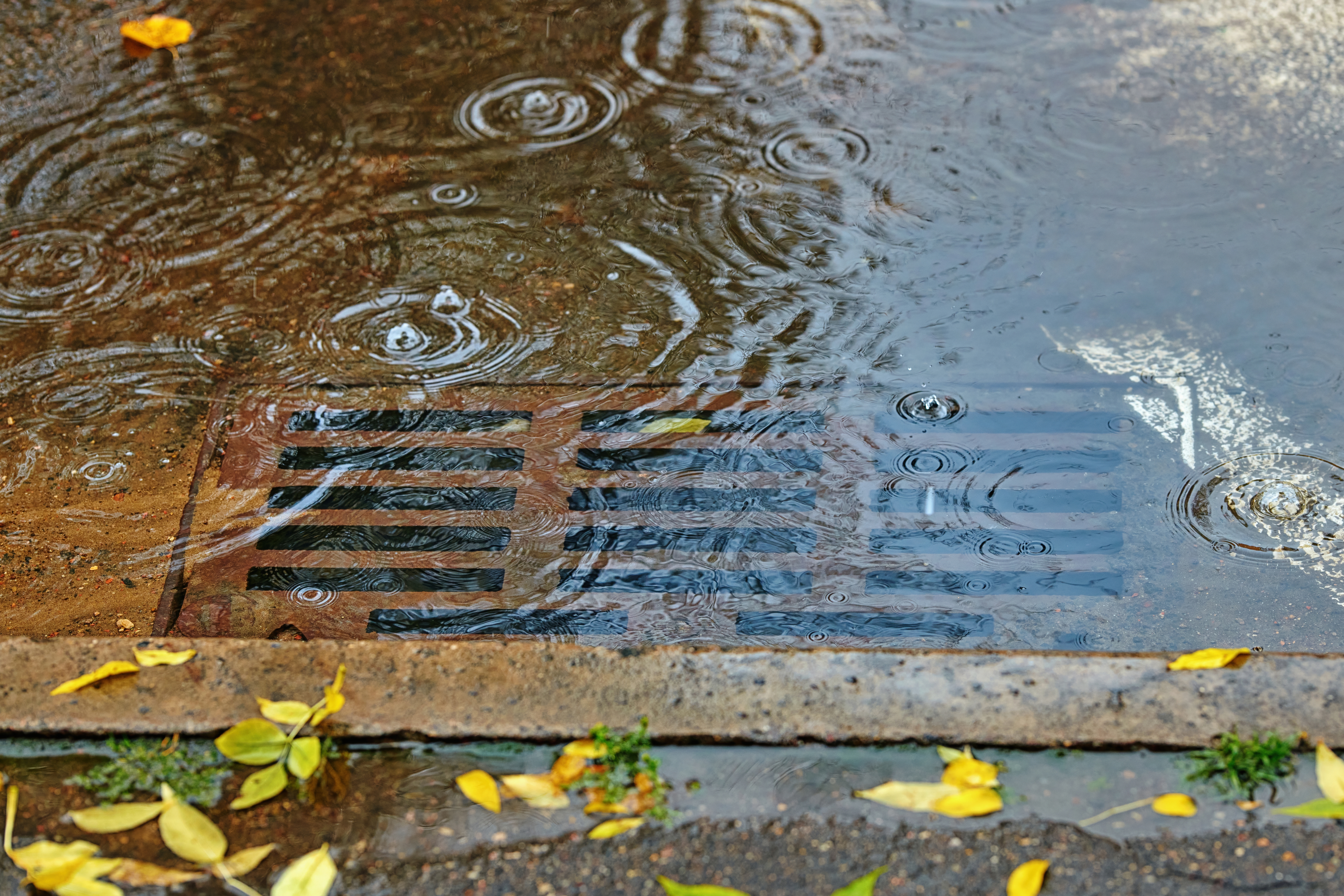
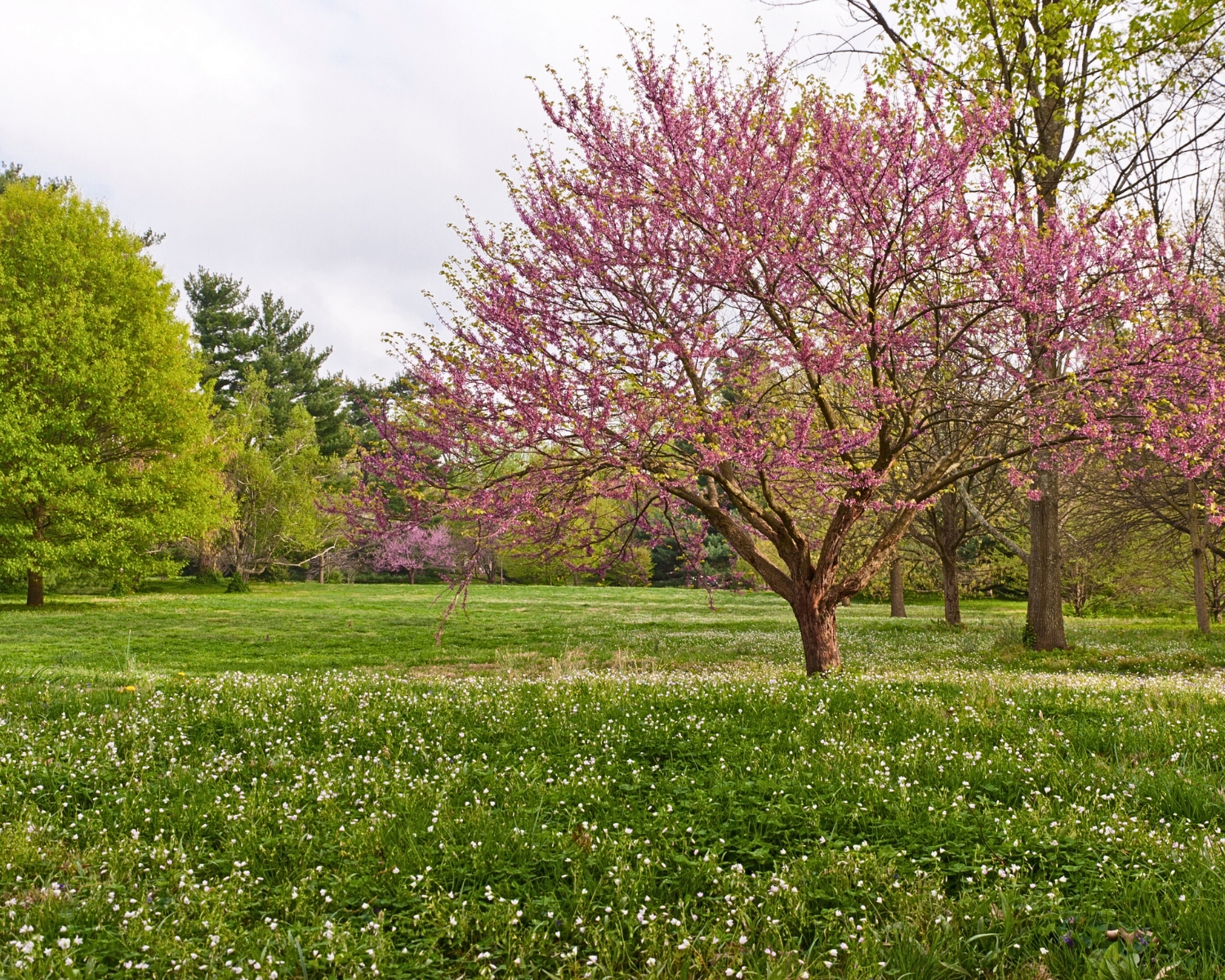
Key Activity: Mosquito season ramps up with warming temperatures and spring rainstorms.
Breeding: Rainwater and irrigation runoff collect in East Dallas yards, waking dormant eggs.
Common Species Active: Aedes aegypti and Culex quinquefasciatus start emerging.
Behavior: Biting picks up early, especially around sunrise and sunset.

Key Activity: Peak mosquito season—hot, humid, and rainy conditions fuel explosive breeding.
Breeding: Any stagnant water—planters, puddles, tarps, or clogged gutters—becomes a hot spot.
Common Species Active: Aedes albopictus, Aedes aegypti, and Culex quinquefasciatus thrive.
Behavior: Biting happens all day and into the night; outdoor activities require planning.
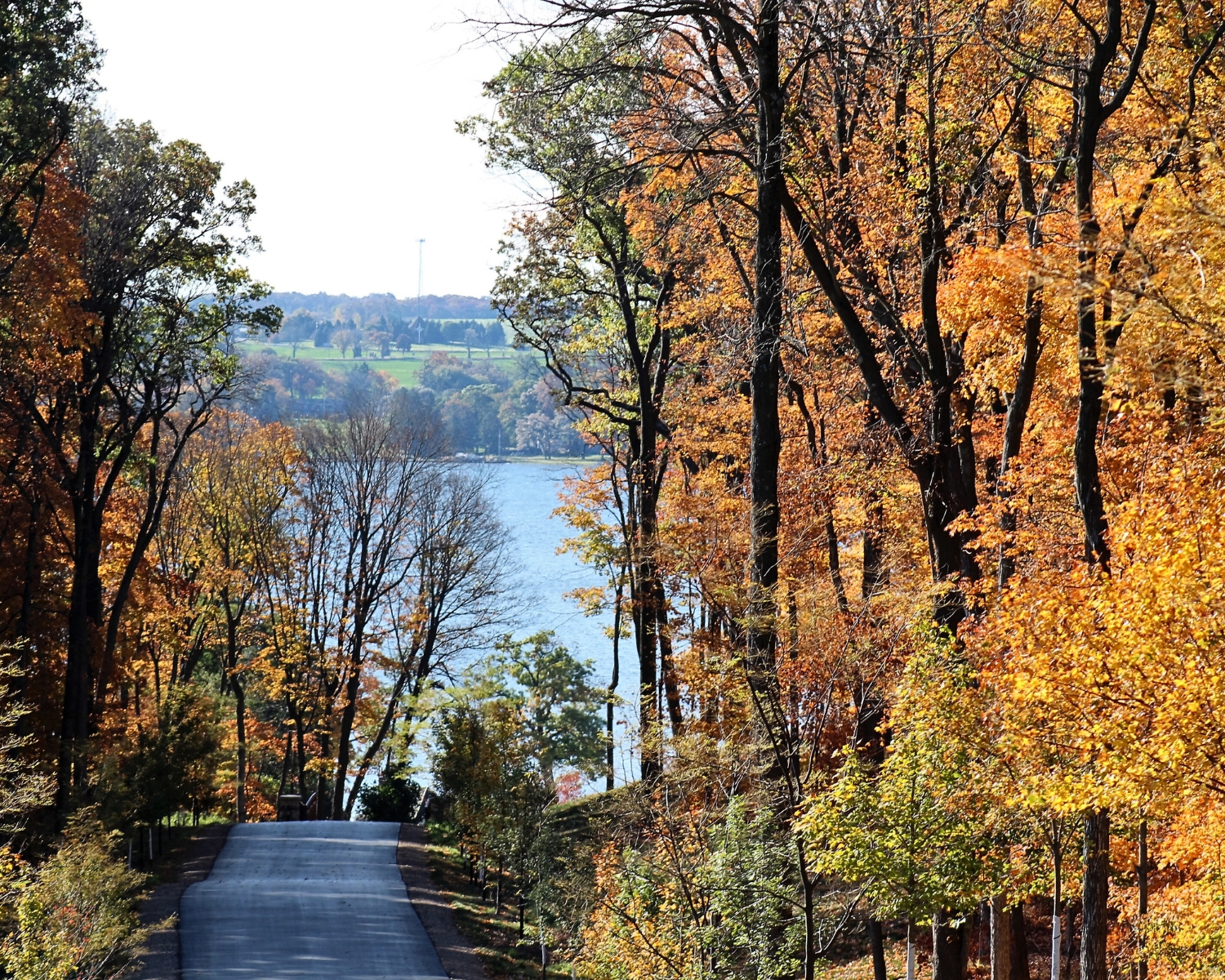
Key Activity: Activity slows down, but mosquitoes persist through warm fall evenings.
Breeding: Storm drains and shaded areas continue hosting larvae.
Common Species Active: Culex and Aedes species linger into mid-November.
Behavior: Mosquitoes remain active in wooded or damp zones like those near White Rock Creek.
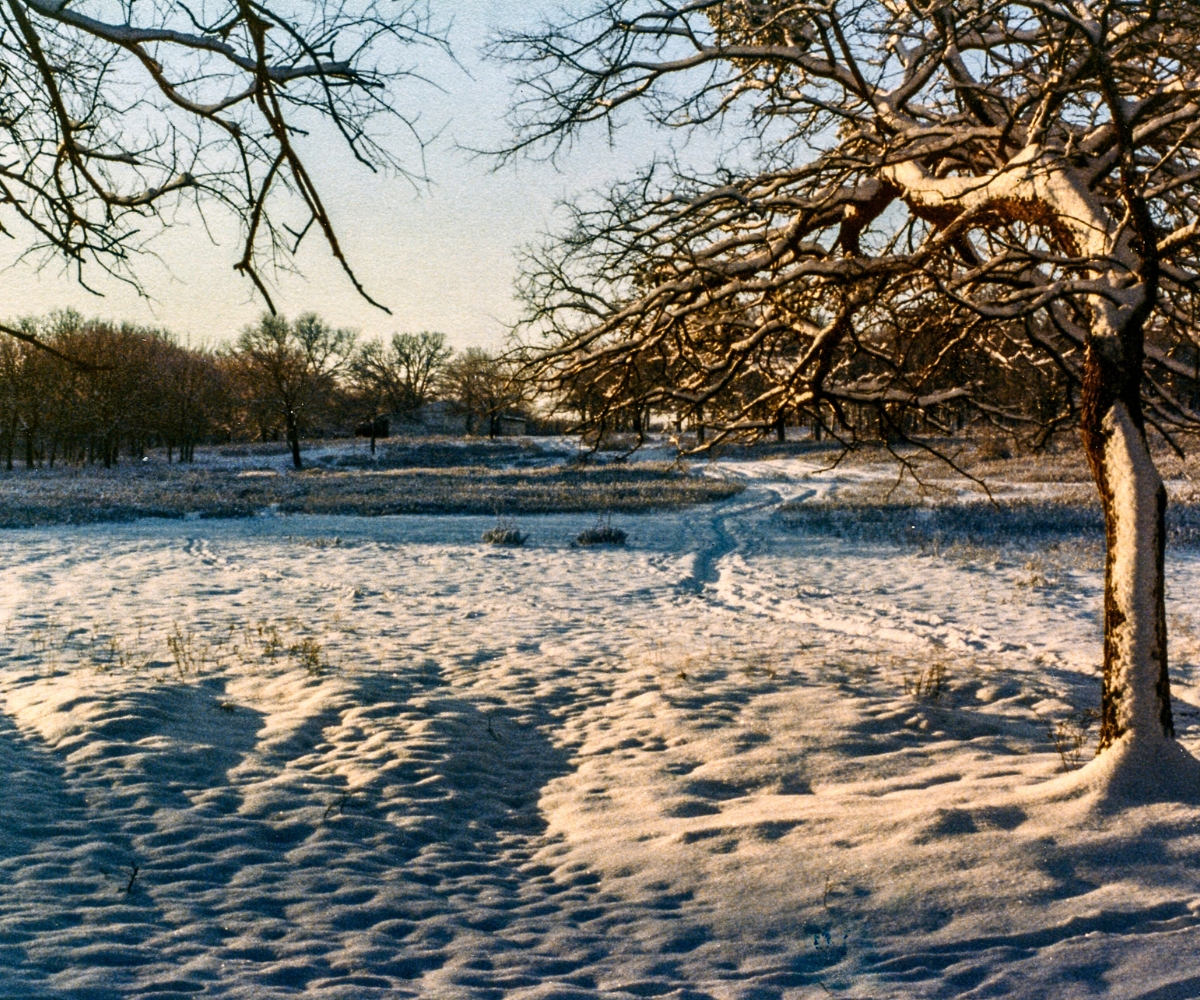
Key Activity: Activity dips but doesn’t vanish—East Dallas winters are mild.
Eggs: Aedes eggs survive in dry locations, waiting for spring rain.
Adults: Some Culex adults overwinter in sheds, garages, and crawlspaces.
Behavior: A warm winter day can bring a surprising bite or two.
